AUGUSTA — A recent cut in overtime spending by Maine’s Office of State Fire Marshal has officials at some small fire departments concerned that they’ll have to assume more responsibility for investigating the origins of fires or guarding scenes until experienced investigators can arrive.
State Fire Marshal Joseph Thomas announced the cut in a Dec. 7 letter to Maine fire chiefs, explaining that because of growing operating costs and shrinking revenue from a tax that funds all of his department’s investigations, “I find it necessary to aggressively curtail overtime spending.”
While towns and cities are legally bound to determine the cause of fires that have damaged property, fire chiefs often request that investigators from the fire marshal’s office search for the cause. In some cases, those investigations lead to charges of arson and other serious crimes.
The fire marshal’s office previously made “liberal use of overtime” to send investigators to fires that occur outside normal business hours, Thomas said in an interview. But under the spending cut, his office is limiting the set of situations that will earn an overtime visit from investigators: fires that have caused death or serious injury, fires that are life-threatening, and — in some cases — fires that might have been set intentionally.
It’s that last category that’s worrying some small town fire chiefs, who fear that the slower response from the fire marshal’s office could create more work and liability for their departments. Those departments often consist of volunteers who have separate, full-time jobs and make little to no money from their firefighting duties.
“If they want us to secure the scene, what are they going to pay us?” Stan Labbe, chief of the Litchfield Fire Department, said during a Jan. 22 Select Board meeting. “I’m going to tell one of my firefighters, who’s a volunteer, ‘You’re going to stay here and guard this place’? That’s bull-crap from the top.”
In general, law enforcement officials guard potential crime scenes to ensure that no evidence can be removed or tampered with before an investigation is complete.
In his letter, Thomas implies that if a fire happens outside business hours and there’s evidence that it may have been set by a person, that a firefighter or police officer could have to “hold the scene” — meaning, watch over the burn site — until a state investigator can arrive.
If firefighters are “not sure if they have a crime scene, I’m asking them to sit on the scene until we get there; I’m not asking for a lot,” Thomas said. But “if they turn around and tell me for sure that they have a crime scene, I’ll be there.”
Thomas emphasized that the new approach is related to the limited funding available to his office, which has a $5.2 million annual budget and is housed in the Maine Department of Public Safety in Augusta. Thomas estimated that annual overtime costs typically total around $240,000.
In the last few years, investigators from Thomas’ office have visited 500 to 580 fire scenes per year.
But while operating costs are rising continually, funding for the department’s investigations can be unreliable, as it all comes from a tax on insurance policies that’s known as the Fire Insurance Premium.
Late last year, the revenue from that tax was declining and, if the trend had continued, the department could have faced a $600,000 shortfall in overtime spending by the end of this fiscal year, according to Thomas. The revenue has since picked up, but Thomas said that he’s still worried about the bottom line.
“I just can’t afford to do business that way,” he said.
It’s also not the first time funding shortages have prompted the office to cut back on its overtime. After the financial crisis in 2008, the department imposed a similar restriction in 2011.
To pay for more investigations, Thomas said that he does plan to ask for additional funding from the state’s General Fund next year. He encouraged any local fire departments who favor such additional funding to join him in supporting the request.
Whatever happens with the future funding of the fire marshal’s office, some towns are arguing the recent change will shift costs onto their own departments. If a fire happens on a Friday night or Saturday, they’re worried that new approach could require their volunteers to be stationed at the scene all weekend until a state investigator can arrive on Monday.
“It’s called an unfunded mandate,” said Trudy Lamoreau, Litchfield’s town manager, after Labbe raised his concerns.
“There’s going to be some fires that are going to be suspicious, and nobody’s ever going to prove (its cause),” Labbe said. “I’m not leaving someone there to guard a place in the middle of the night. … It’s a liability coming onto the town of Litchfield if somebody gets hurt.”
The chiefs of several other small fire departments — West Gardiner, Monmouth, Wales, Greene, Whitefield — all agreed with Labbe’s concerns.
Some of those departments have been busy this winter, after three destructive fires happened in Greene throughout March. Two of those fires were on Sundays. The last one happened early on Monday, March 19.
None of those fires was suspicious, so John Soucy, chief of the Greene Fire Department, said he didn’t request overtime investigations from the fire marshall’s office. But he’s concerned by the suggestion that local fire departments might have to assume more responsibility for determining their causes.
Starting this spring, the fire marshall’s office plans to offer a 40-hour training on investigations in Westbrook. Then it may keep offering those trainings twice a year, alternating between the northern and southern parts of the state. Those classes are directly related to the fewer overtime hours that investigators will be able to work, Thomas said.
But Soucy said his volunteers barely have time to respond to fires, let alone attend long training sessions, and they also don’t have the experience to conduct a thorough investigation.
“It’s not a good path for the state to take,” he said. “There’s going to be things that are missed.”
All the fire chiefs interviewed for this story said they appreciated the help and expertise of state investigators, but it’s not clear how many share the frustration with the new approach, or how frequently local departments could find themselves waiting for an investigator.
“We haven’t heard of any problems of folks calling and saying they need to wait for someone to show up,” said Jeffrey Cammack, executive director of the Maine Fire Chiefs’ Association.
Dan Roy, chief of the Monmouth Fire Department, echoed some of the concerns raised by Labbe and Soucy and said the state might need to find a middle road.
Roy, who also works as a private fire investigator, said he feels qualified to investigate about 90 percent of the fires that his department sees, but he acknowledged the challenges the change could create for smaller departments.
Roy, who also used to work for the fire marshall’s office, said he appreciates the agency’s need to cut back on overtime spending, given its funding challenges.
“I see Joe Thomas’ viewpoint that maybe chiefs can step up and learn a bit to be able to determine an area of origin, whether it be conducting interviews of homeowners or witnesses,” he said. “There are little steps they can take.”
But there are also limitations to that approach, Roy said. For example, it might be difficult for a state investigator to rule out arson without coming to a scene right away and interviewing witnesses themselves.
“You’re pretty hard pressed to ask a fire department to (watch over a possible crime scene),” Roy said. “I’d rely on a police officer or law enforcement to do that.”
Alternatively, he suggested, “We’re going to board up (a home) and put up tape. That’s realistically what we can do. … We’re not crime scene investigators.”
Charles Eichacker — 621-5642
Twitter: @ceichacker
Send questions/comments to the editors.


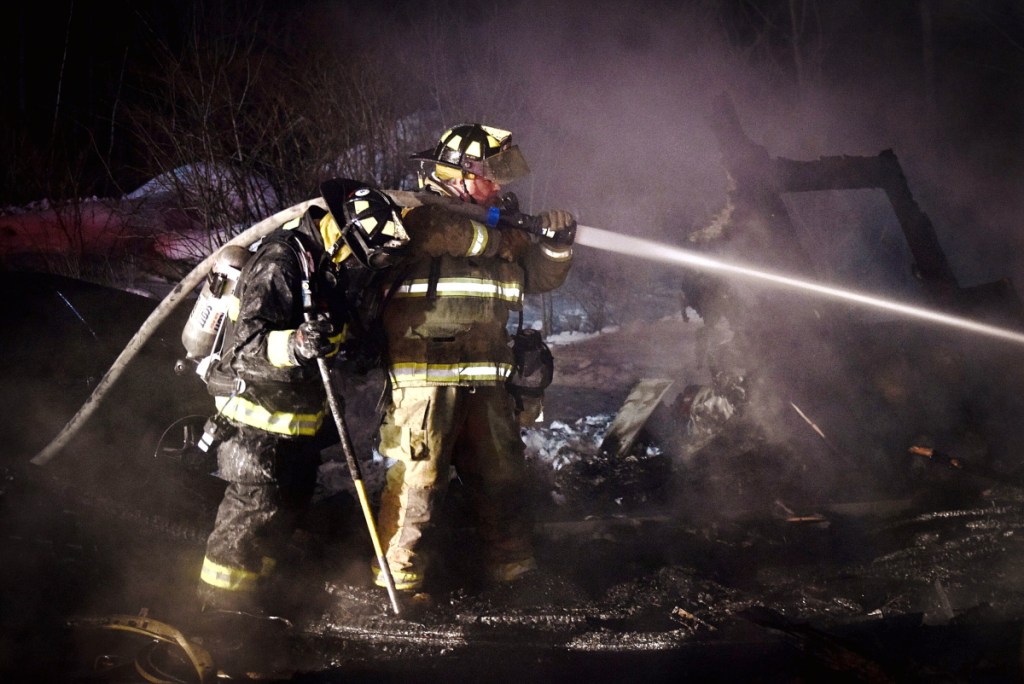
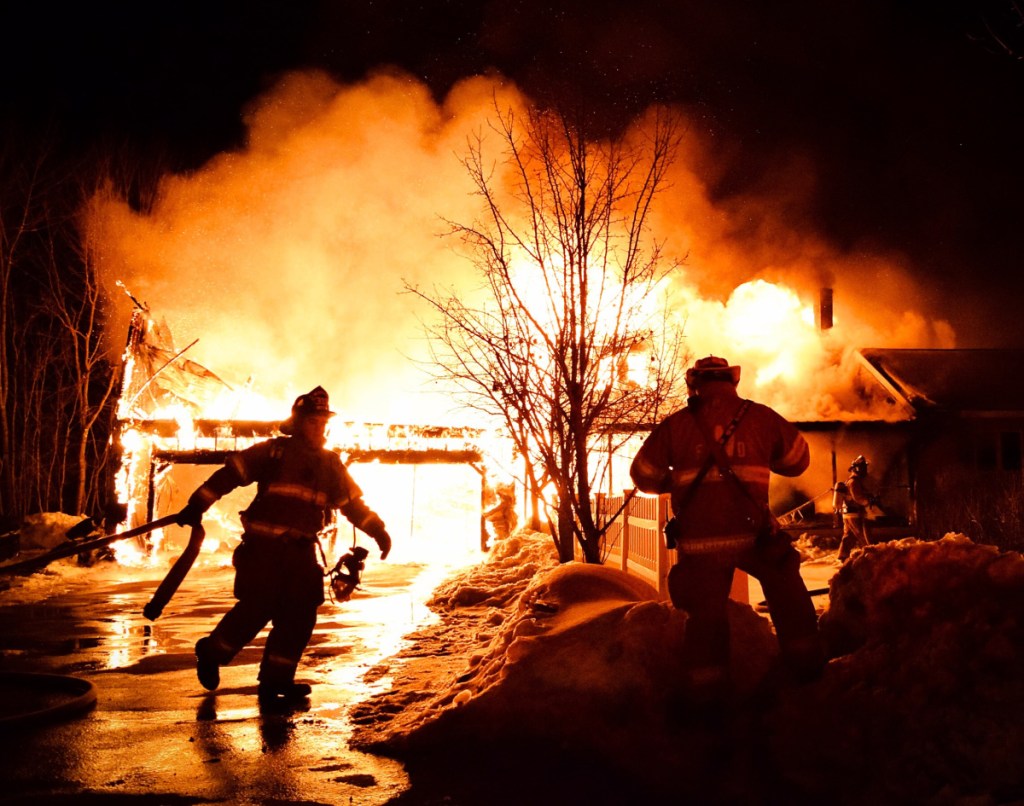
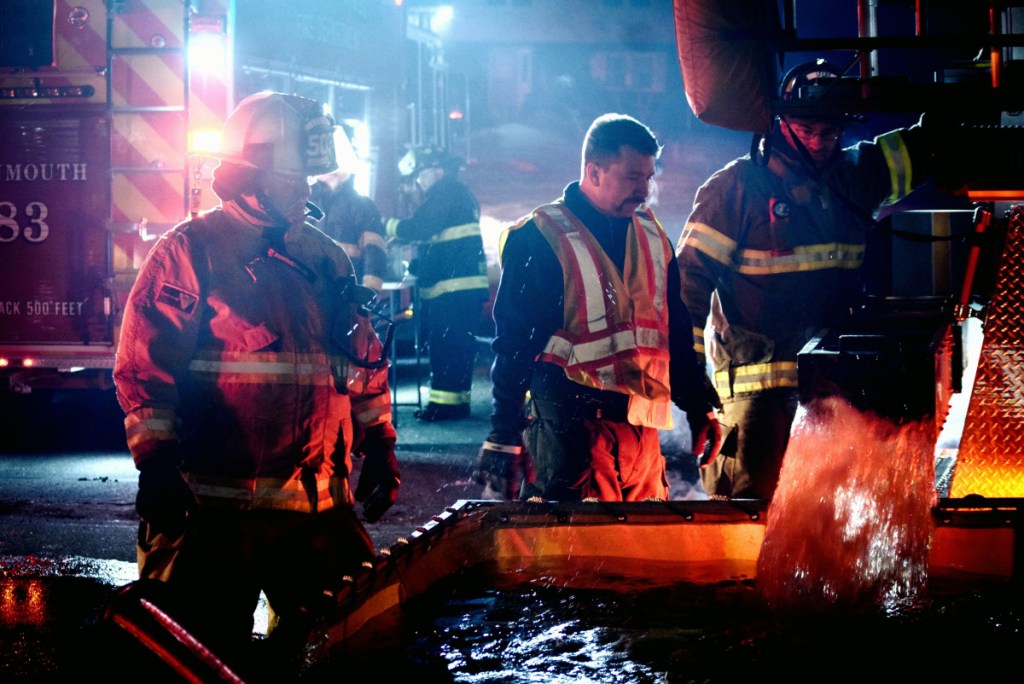
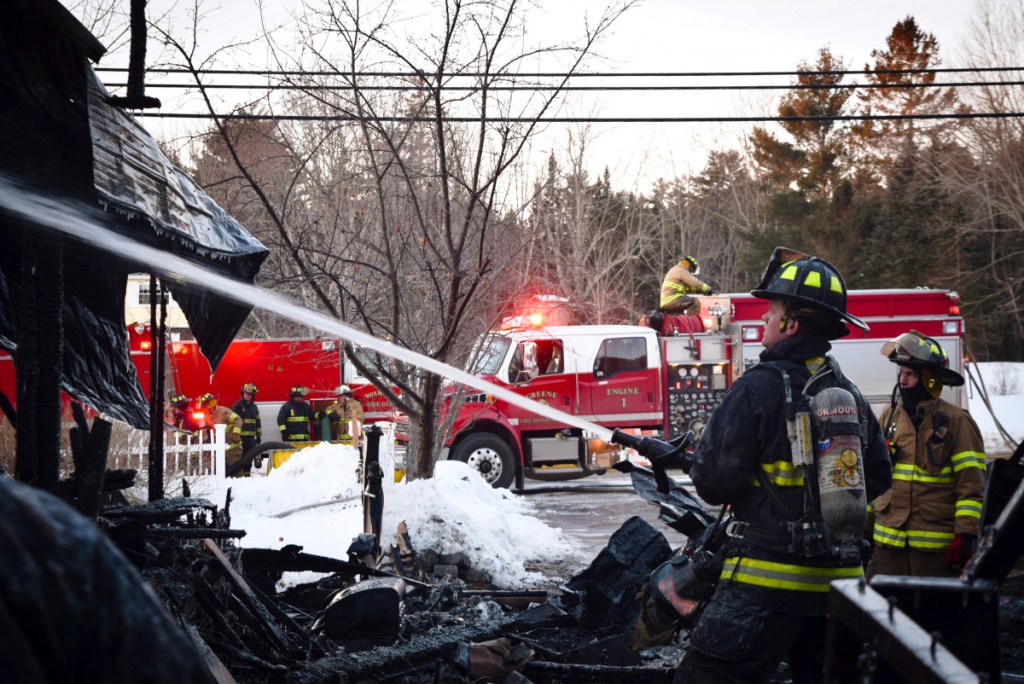
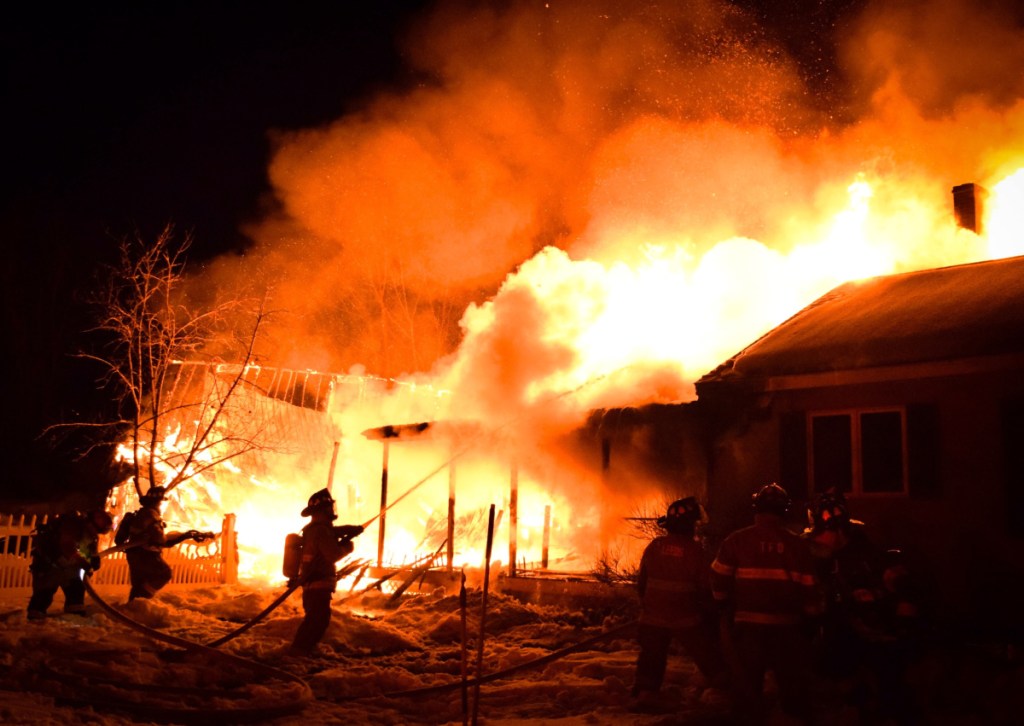

Comments are no longer available on this story